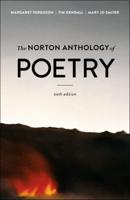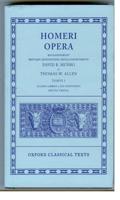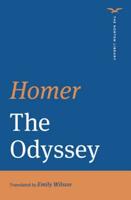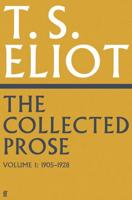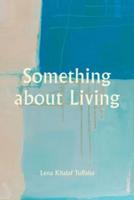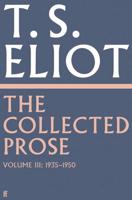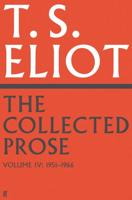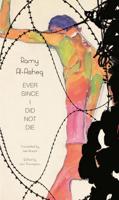Publisher's Synopsis
With the publication of The Allegorical Temper in 1957, Harry Berger established himself as one of the most eminent and influential postwar critics of Spenser. Since that time, he has published more than a dozen important Spenser essays. Berger's work of the 1960s and early 1970s gave to a generation of students and scholars new conceptual tools for dealing with Renaissance cultural texts and laid the groundwork for current attempts to study imaginative forms as modes of ideological production that not merely reflect but shape social reality.
Berger's criticism embodies the complex interaction of "evolution" and "retrospection" that is central to his reading of Spenser. Essays written over a quarter century cohere in a powerful and ongoing project to develop a model of mind and imagination, and a theory of cultural change. These concerns are at the core of the essays that make up Part I of this collection, essays on Spenser in general and The Faerie Queene in particular. Part II, a study of The Shepheardes Calender, is substantially new for this volume. Composed of essays written or revised during the past decade, it reflects Berger's responses to such current trends in critical practice as the new historicism and the analysis of the discourses of gender and generation. In characteristic fashion, Berger has come to the earlier poem later, in a retrospective encounter with Spenser's beginnings.
In a stimulating Afterword, Berger discusses the changes in his critical thinking and their effects on his current approach to Spenser.
Berger's criticism embodies the complex interaction of "evolution" and "retrospection" that is central to his reading of Spenser. Essays written over a quarter century cohere in a powerful and ongoing project to develop a model of mind and imagination, and a theory of cultural change. These concerns are at the core of the essays that make up Part I of this collection, essays on Spenser in general and The Faerie Queene in particular. Part II, a study of The Shepheardes Calender, is substantially new for this volume. Composed of essays written or revised during the past decade, it reflects Berger's responses to such current trends in critical practice as the new historicism and the analysis of the discourses of gender and generation. In characteristic fashion, Berger has come to the earlier poem later, in a retrospective encounter with Spenser's beginnings.
In a stimulating Afterword, Berger discusses the changes in his critical thinking and their effects on his current approach to Spenser.

